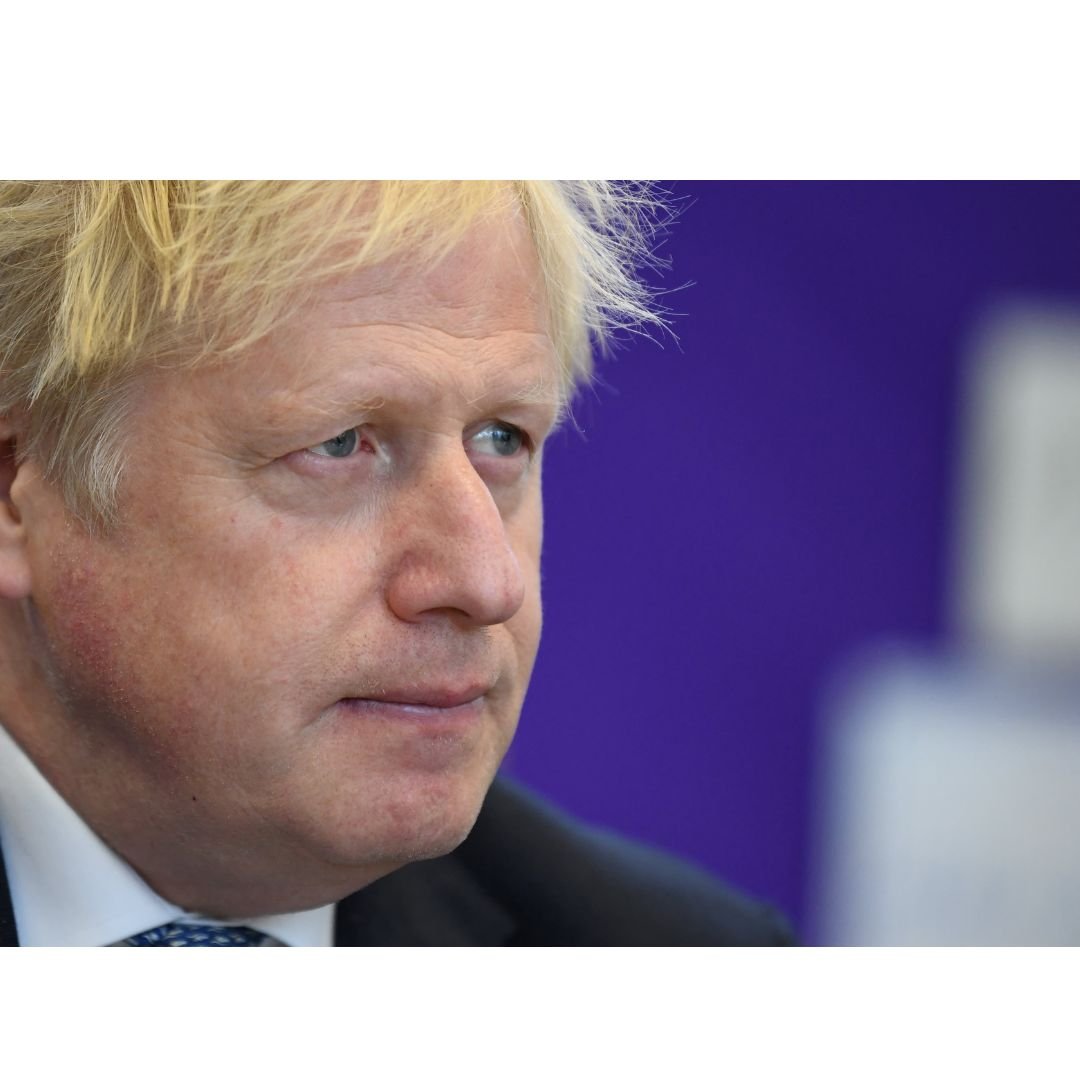The US ambassador at large for international religious freedom, Rashad Hussain, is worried about how religious minorities in India are treated. He says that Indian and U.S. officials are working together to solve the “challenges.” Hussain said that his father moved to the United States from India in 1969.
“Even though this country gave him everything, he loves it and keeps up with what’s going on every day. We talk about it, and so do many of you who get in touch with us because you care about India’s future.
Hussain said that the US is “worried” about India’s religious communities and is “talking directly” with Indian officials.
“India has a law about citizenship. A threat of genocide has been made against India. Attacks were made on churches. Hijab ban. The Indian-American diplomat saw that houses were being taken down.
“Openly dehumanising language is being used. One minister even called Muslims “termites,” he said, referring to Union Home Minister Amit Shah. In a speech, he called Bangladeshi refugees “termites.”
“So you have these things,” he said. “It’s important that we pay attention to and work on the problems we face.” He also said that it is the “responsibility” of the U.S. to speak up for human rights and religious freedoms not just in India, but all over the world.
India has ignored criticisms in US State Department reports and from high-level officials about religious freedom. It has called this kind of “vote bank politics” in international relations sad. India is worried about hate crimes, attacks on people of different races, and gun violence in the US.
Hussain said that he met Indian Christians, Sikhs, Dalits, and people who were born there.
The Early Warning Project of the US Holocaust Museum says that India is the second country most likely to have a mass killing. To fully benefit from a society, we must protect everyone’s rights. He said that our job is to protect everyone’s freedom of religion.
“We must fight for everyone’s rights.” “It was disgusting what happened to that person yesterday.” “He probably meant that a tailor in Udaipur had been killed.
Riaz Akhtari and Ghouse Mohammad killed Lal in Udaipur, India, with a cleaver. They posted videos online saying they were taking revenge for an insult to Islam, which caused riots in the city of Rajasthan.
Referring to what US Secretary of State Antony Blinken said about attacks on places of worship and people of faith in India, he disagreed with the idea that the US had no right to judge religious freedoms in other countries.
“Some people ask, ‘Who are you as an ambassador for international religious freedom?’ or ‘Who are you as the U.S. to make these judgments about other countries?'” he said.
Many of our founders came to the US because they were being persecuted because of their religion. He said that the first amendment protects the right to believe what you want.
India said that the accusations against it in a report on religious freedom from the US State Department last month were “vote-bank politics.”
The spokesperson for India’s Ministry of External Affairs, Arindam Bagchi, said that the study has “motivated inputs and skewed perspectives.”
In his annual report on international religious freedom, Secretary of State Blinken said that attacks on minority groups in India in 2021 included killings, assaults, and threats.
Last month, Bagchi said that the US State Department’s 2021 Report on International Religious Freedom and comments made by top US officials that were not well thought out were bad.
International vote banks are wrong. Bagchi: “We advise against bias.”
India is a pluralistic society that cares about religious freedom and human rights. We have told the US that we are worried about attacks based on race or ethnicity, hate crimes, and gun violence, he said.
Thursday’s IRF Summit 2022 was the second annual meeting of people who work for and support freedom around the world. The organisers of the summit said that it will bring attention to threats to freedom of religion, conscience, and belief. It will also give the IRF community a chance to reach common goals for expanding these freedoms to people and religious groups all over the world.



















